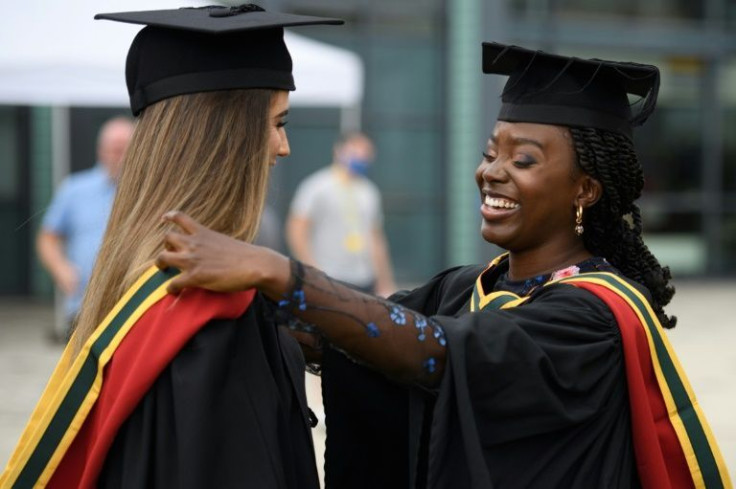Major Australian Universities May Have To Revoke Offers As Foreign Student Cap Casts Uncertainty

Eleven major universities in Australia said they had already made offers to students before Education Minister Jason Clare announced the government decision on Tuesday to enroll only 145,000 foreign students in the calendar year 2025.
Amid the uncertainty surrounding the individual intake and Clare saying it might take two weeks to finalize the number, Head of the Group of Eight Vicki Thomson, who represented the country's most prestigious universities, said some of the universities will now have to withdraw the offers.
"We will have to tell students that we have made offers to, sorry you cannot come to our universities," ABC quoted Thomson. "Our data people are working through it but across the Group of Eight we estimate that the real cut to our members will be around 22,000 less students... we will have to go out to those students potentially and say sorry that offer we made to you we can't now commit to."
The rule exempted students in post-grad research degrees, standalone English language courses and people from the Pacific and Timor-Leste. Regarding individual intake, each university has been given an "indicative" level and a complex formula to calculate the number of students.
Major universities, including Melbourne University and Australian National University, were not sure if they will have to withdraw the offers, while smaller universities were not worried about exceeding the limit.
Melbourne University's vice-chancellor Duncan Maskell said it would take about a week to finalize the number, as he criticized the move.
"It is staggering that we continue to have this debate while there is apparently no serious intent to address really major reform issues," he stated.
A spokesperson for the Australian National University pointed out the decision will lower the intake of foreign students. "We are working through what this means for our community, including its financial impact."
Australia's oldest institution, University of Sydney, said the cap rule will reduce the number of students, but added it did not expect to rescind the offers made. The university has the highest number of international students and generates 47% of its revenue from their tuition fees.
Meanwhile, the federal government faced pressure to deport students, who have enrolled into "ghost colleges." Last week, 150 vocational education and training (VET) providers were shut down as they were dormant for more than a year, News.com reported.
The Australian Skills Quality Authority has warned another 140 institutes to resume training by the end of 2024 or face deregistration.
Leith van Onselen, co-founder of MacroBusiness, said that the government decision to shut down sham colleges came 13 years after they were exposed.
"Shouldn't the operators of the ghost colleges be punished and the fake students who enrolled in them deported?" he pointed out. "There need to be consequences for deliberately abusing Australia's visa system."
Melanie Macfarlane, chief executive of MM Migration and Recruitment and chair of Immigration Consultants of Australia, said there should be a higher barrier for entry.
"They open up, ASQA comes in and closes them down, or tries to, but then they go to the tribunal," she said. "There's been so much talk about closing ghost colleges — it's not that, it's about making them harder to open."
ASQA's integrity unit is investigating the conduct of 165 providers, of which 100 are related to international students. Most of the cases are linked to allegations of fraud and visa or migration risks.
However, migration expert Abul Rizvi warned that the government may not be equipped to track down all visa scammers.
"The new government has returned the function to the immigration area of the Department of Home Affairs and given it an additional $50 million over four years. I am not sure that would be enough to deal with the vast array of immigration compliance issues identified in the Nixon Review. Home Affairs would need to prioritize which immigration compliance issues to pursue," Rizvi said.
Macfarlane said the government may have a new problem with most of those students applying for protection visas, blocking the Administrative Appeals Tribunal.
Recently, the media reported 10,725 applications were filed seeking refugee status after the crackdown on foreign students.
© Copyright 2026 IBTimes AU. All rights reserved.





















